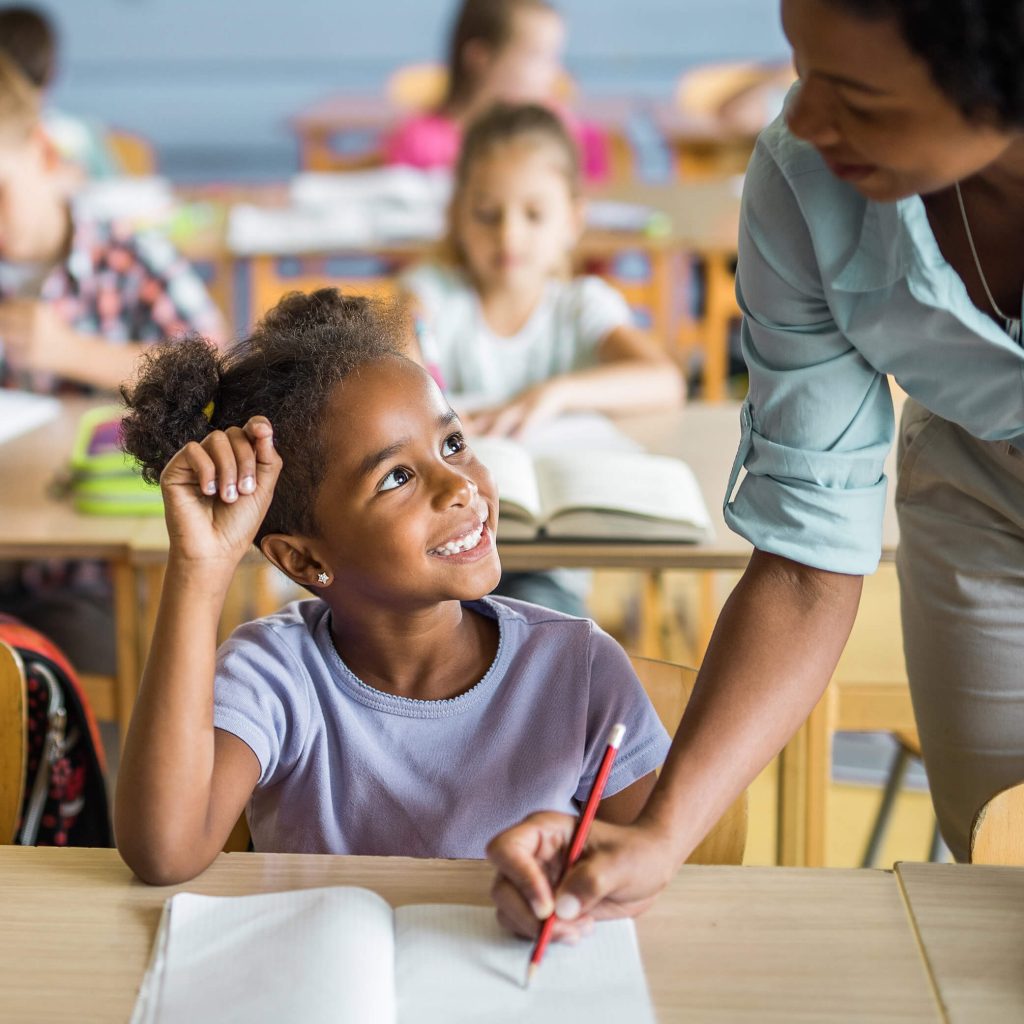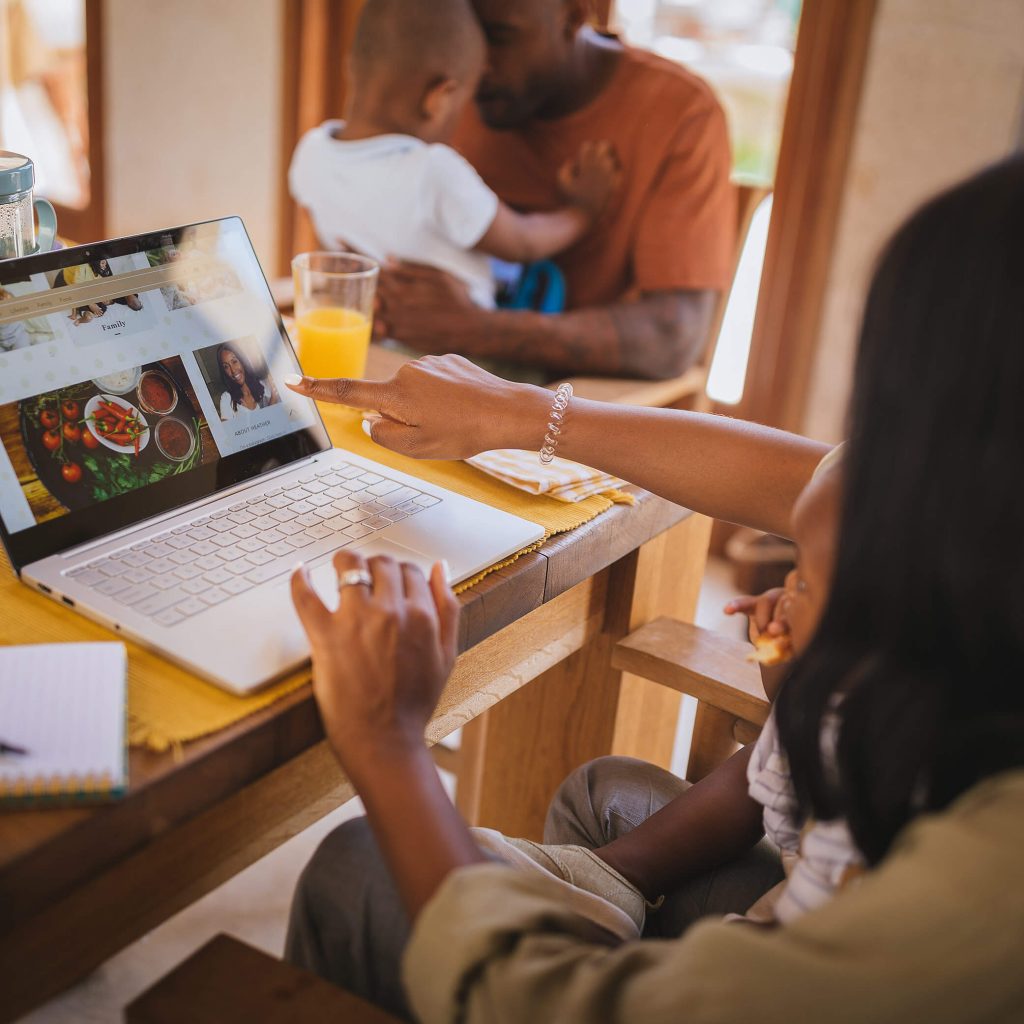Building a Healthier and Stronger Country Starts at the Local Level
Our vision is to build capacity through resilient communities across America, where everyone lives in a safe, sustainable, and equitable world. Our focus is on communities that face the most adverse conditions.
Fighting Climate Change
Climate change creates new risks and increases existing vulnerabilities in communities across the United States. These risks and vulnerabilities present growing challenges to human health and safety, quality of life, and the rate of economic growth. People who are already vulnerable, including lower-income and other marginalized communities, have lower capacity to cope with extreme climate-related events, and are expected to experience even greater impacts.
Building Resilience
Climate change issues call for radical action. We plan to help by investing in solutions aimed at reducing the negative impact of carbon and other pollutants, making America’s communities greener, and creating new jobs.

Opportunity for All
Previously incarcerated individuals are unemployed at a rate of over 27% in America. We invest in businesses that serve, employ, and are founded by these individuals.
Breaking the cycle
We are working to build a movement that increases access to opportunity, social equity, and hope for underestimated communities as well as those impacted by the criminal legal system. This movement includes public and private sector partners that can identify, nurture, and scale promising interventions to close the gaps to financial inclusion.
Removing barriers
Investing in economic opportunity will eliminate barriers to mainstream financial services for underestimated communities by breaking the poverty cycle and providing a path to financial freedom. Likewise, growing a portfolio of early-stage enterprises will address root cause issues within the criminal legal system. This includes equity investment in enterprises founded by formerly incarcerated individuals or enterprises which seek to reduce the footprint of the criminal legal system.

Investing in Education
We invest in scalable social enterprises that advance educational equity in learning and academic achievement.
An Equitable Future
Imagine if race, ethnicity, and gender were eliminated as predictors of educational outcomes. If there was total equity in learning and academic achievement. All of that would make our economies, institutions, policies, and workplaces so much more diverse. We believe that social innovation can accelerate equity in education and help more students thrive in school. We want to partner with social enterprises that are willing to take on this challenge.
We Work Inside and Outside the Classroom
- Content/products that target classroom learning and academic achievement through support for teachers and administrators, technology in the classrooms, increased student engagement, or tools for parents to participate in their student’s success.
- Services and programs that promote and improve student engagement, employ tools that address a variety of learning styles, provide services for before and after school, build trusted relationships with families or mentors, or create learning pathways outside of the classroom.
- Systems that serve the community, district, and educational ecosystem such as enterprises focused on school climate, funding, transportation, lunch, or diverse teacher recruitment, retention, and development.

Helping Young People Succeed
We invest in new and scalable technology, business models, and innovative programming that support the ongoing health and social, emotional, relational, and physical development of young people from birth through age 18.
Investing in Healthy Kids
By no fault of their own, many children in the United States have an increased likelihood of exposure to adverse childhood experiences (ACEs), which further perpetuates equity gaps in society. ACEs include, but are not limited to, prolonged experiences of abuse, neglect, caregiver substance use or mental health concerns, exposure to violence in the home or community, and persistent economic hardship. Exposure to these ACEs disrupts the development of children, leading to further disparities in their long-term health, well-being, and educational success.
Science Drives Our Thinking
- We emphasize investments that support any dimension of healthy development, with particular emphasis on those that occur in the areas of education, mental and behavioral health, and/or community-based care.
- Entrepreneurial enterprises can occur within classrooms, schools, and districts if they directly support a “whole child” model of success by offering protective and promotive experiences to young people at risk.
- These enterprises can also occur beyond the four walls of traditional educational settings, such as within families, communities, and the professionals who serve them, if they will have a net-positive impact on the development of young people at risk.

Building a Healthier and Stronger Country Starts at the Local Level
Our vision is to build capacity through resilient communities across America, where everyone lives in a safe, sustainable, and equitable world. Our focus is on communities that face the most adverse conditions.
Fighting Climate Change
Climate change creates new risks and increases existing vulnerabilities in communities across the United States. These risks and vulnerabilities present growing challenges to human health and safety, quality of life, and the rate of economic growth. People who are already vulnerable, including lower-income and other marginalized communities, have lower capacity to cope with extreme climate-related events, and are expected to experience even greater impacts.
Building Resilience
Climate change issues call for radical action. We plan to help by investing in solutions aimed at reducing the negative impact of carbon and other pollutants, making America’s communities greener, and creating new jobs.

Opportunity for All
Previously incarcerated individuals are unemployed at a rate of over 27% in America. We invest in businesses that serve, employ, and are founded by these individuals.
Breaking the cycle
We are working to build a movement that increases access to opportunity, social equity, and hope for underestimated communities as well as those impacted by the criminal legal system. This movement includes public and private sector partners that can identify, nurture, and scale promising interventions to close the gaps to financial inclusion.
Removing barriers
Investing in economic opportunity will eliminate barriers to mainstream financial services for underestimated communities by breaking the poverty cycle and providing a path to financial freedom. Likewise, growing a portfolio of early-stage enterprises will address root cause issues within the criminal legal system. This includes equity investment in enterprises founded by formerly incarcerated individuals or enterprises which seek to reduce the footprint of the criminal legal system.

Investing in Education
We invest in scalable social enterprises that advance educational equity in learning and academic achievement.
An Equitable Future
Imagine if race, ethnicity, and gender were eliminated as predictors of educational outcomes. If there was total equity in learning and academic achievement. All of that would make our economies, institutions, policies, and workplaces so much more diverse. We believe that social innovation can accelerate equity in education and help more students thrive in school. We want to partner with social enterprises that are willing to take on this challenge.
We Work Inside and Outside the Classroom
- Content/products that target classroom learning and academic achievement through support for teachers and administrators, technology in the classrooms, increased student engagement, or tools for parents to participate in their student’s success.
- Services and programs that promote and improve student engagement, employ tools that address a variety of learning styles, provide services for before and after school, build trusted relationships with families or mentors, or create learning pathways outside of the classroom.
- Systems that serve the community, district, and educational ecosystem such as enterprises focused on school climate, funding, transportation, lunch, or diverse teacher recruitment, retention, and development.

Helping Young People Succeed
We invest in new and scalable technology, business models, and innovative programming that support the ongoing health and social, emotional, relational, and physical development of young people from birth through age 18.
Investing in Healthy Kids
By no fault of their own, many children in the United States have an increased likelihood of exposure to adverse childhood experiences (ACEs), which further perpetuates equity gaps in society. ACEs include, but are not limited to, prolonged experiences of abuse, neglect, caregiver substance use or mental health concerns, exposure to violence in the home or community, and persistent economic hardship. Exposure to these ACEs disrupts the development of children, leading to further disparities in their long-term health, well-being, and educational success.
Science Drives Our Thinking
- We emphasize investments that support any dimension of healthy development, with particular emphasis on those that occur in the areas of education, mental and behavioral health, and/or community-based care.
- Entrepreneurial enterprises can occur within classrooms, schools, and districts if they directly support a “whole child” model of success by offering protective and promotive experiences to young people at risk.
- These enterprises can also occur beyond the four walls of traditional educational settings, such as within families, communities, and the professionals who serve them, if they will have a net-positive impact on the development of young people at risk.


